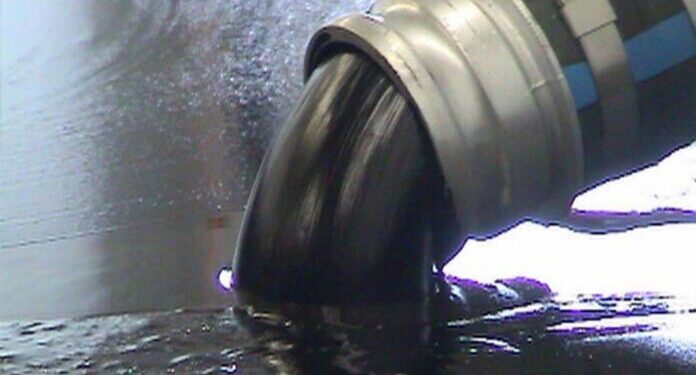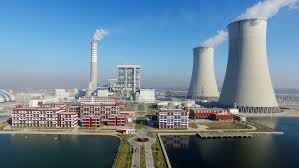ISLAMABAD : Independent Power Producers (IPPs) have cautioned the government that the imposition of the Carbon Levy (CL) and Petroleum Levy (PL) on furnace oil (FO) will significantly increase the cost of electricity generation and may disrupt refinery operations due to reduced consumption.
These concerns were raised by M/s Hubco and the IPPs Advisory Council (IPPAC) in separate letters addressed to the Petroleum Division and other public sector stakeholders ahead of the approval of the federal budget 2025–26.
In his letter, the Chief Financial Officer (CFO) of Hubco argued that the proposed amendments in the draft Finance Bill 2025–26 would apply CL and PL to furnace oil. According to the budget documents, a PL of Rs. 77 per liter (Rs. 82,077 per metric ton) and a CL of Rs. 2.5 per liter (Rs. 2,665 per metric ton) will be effective from July 1, 2025.
The CFO noted that these levies would raise the price of furnace oil by Rs. 84,742 per metric ton, making it significantly more expensive than other fuels used for power generation.
He highlighted that despite the availability of cheaper power sources, FO-based plants are still dispatched during the summer season to meet peak electricity demand due to their fast start-up capability. The imposition of additional levies would raise electricity tariffs for consumers, countering the government’s recent efforts to reduce power costs by renegotiating or terminating Power Purchase Agreements (PPAs) with several IPPs.
“Furnace oil currently accounts for approximately 20–25% of the total petroleum production from local refineries. Applying such levies may drastically reduce FO consumption, choke refinery storage facilities, and worsen the circular debt situation. With lower FO sales, the intended revenue from these levies may not materialize, and sales tax collections will also decline,” the letter stated.
The Hubco CFO urged the Ministry of Energy to reconsider the decision, warning that it would worsen the power sector crisis and negatively impact the national economy.
Similarly, the IPPs Advisory Council (IPPAC) stated in its letter that the decision contradicts the Government of Pakistan’s commitment to supporting domestic manufacturing and industry. Industries dependent on FO will face increased production costs.
IPPAC added that the government recently renegotiated tariffs with FO-based IPPs to reduce electricity costs. However, if the new levies are implemented, the anticipated benefits will be nullified, as higher FO prices will reduce plant utilization and increase the overall cost of power generation—ultimately burdening the end consumer.
“The increased cost will also affect the placement of FO-based IPPs in the merit order, potentially rendering them inactive,” the council noted.
IPPAC further warned that these levies would exacerbate the circular debt problem and fail to generate the desired revenue, as high FO prices would result in significantly lower sales. Even sales tax revenue is expected to fall substantially.
Since furnace oil is primarily used for power generation, the new levies are likely to reduce its consumption drastically, leading to operational constraints for refineries, which cannot avoid producing it. Ends















